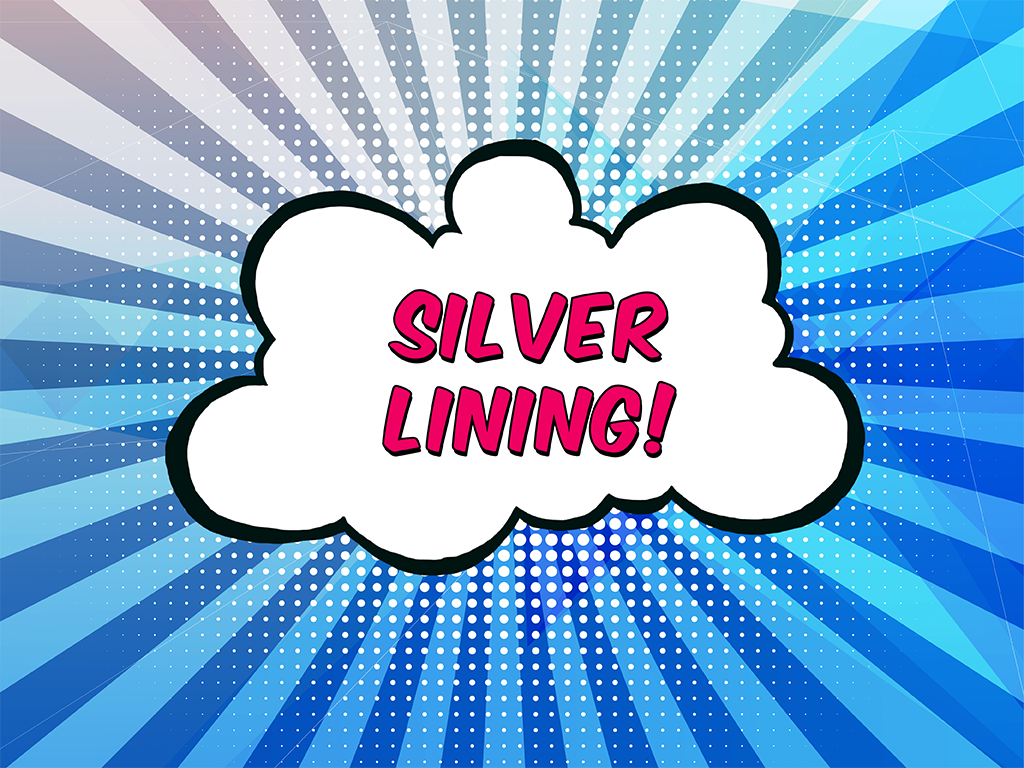It’s happening in New Zealand: the end of the postal service as we know it.
That seems like a catastrophe for fundraisers who depend on direct mail to connect with donors who raise funds.
Fortunately, it’s not quite as bad as it sounds. (More on that in a bit.)
But the reality is this: major, systemic changes that we’re powerless to stop can – and will – happen to any of us. It might be little or no problem. Or it might be a disaster.
When it happens to you, here are some steps you and your organization should take to minimize the damage – and maybe even turn it to good in some way.
Assess the full impact of the change
Often, the first, panicked take on a major change is excessively pessimistic.
In the case of the “End of the Postal Service in New Zealand”, the reality was not that things being delivered to people was going to end. Only the method (and the cost) was changing really. That means direct mail will still be possible after the change. But it may just cost more.
So the challenge is not, “How do we continue to exist with no direct mail?” It’s “How do we operate with the cost of direct mail being much higher?” Still daunting, but not the total doom scenario it seemed to many at first. It takes a different way of thinking about costs, but it can be done.
Another thing to watch for is overreacting to change. When the European Union adopted GDPR – a fairly stringent set of privacy laws for digital marketing – a number of changes were necessary. Many fundraisers in the UK (at that time still part of the EU) believed that all donors should be given an opt-in choice before continuing (or joining) their fundraising lists.
Revenue plummeted as donors simply didn’t actively opt in to stay in touch with their charities. And it was unnecessary. Regulations only required opt-in for adding new people to the list. Eight years on, some charities have still not recovered. A little bit of extra research could have prevented that error of over-reaction.
Look around the world for solutions
When a big change comes your way, it has probably happened somewhere else already. Many places have had major changes to their postal system in recent years, and seeing what fundraisers there do can be helpful.
Several nations around the world have postal services that are not reliable enough for direct mail as we know it to work. Fundraisers in some of those places use courier services to get messages to donors, and it works quite well. Fundraising packs hand delivered to people’s homes also works in some places.
Don’t go it alone
Difficult change will hit all the fundraisers around you in similar ways. Communicate with others, even those you might not have been connected with before. A hundred heads are better than one!
Test
If you have the quantity of donors and the capacity to test different solutions, start as soon as possible to learn what will work for you. If you don’t, stay in touch with other organizations and share as much knowledge as possible.
Talk to donors
New Zealand faced another big change a few years ago when banks there decided not to accept paper cheques (checks in the US) any longer. It probably seemed like an easy decision at high levels, but there was one problem: Cheques were still widely used by older people – the same group as most donors. It looked like they were facing a huge funding loss.
Smart fundraisers started to get in touch with donors who still wrote cheques. They warned them about the coming change and helped them adapt different ways of paying.
In the end, they only lost a very small percentage of those cheque donors. Donors want to give! They just needed some extra help making the transition. Now that cheques are no longer used, many fundraisers are reaching out to donors who lapsed during the transition time, and are able to win back many of them.
Here’s another example: During the early wave of COVID, the postal system in Italy closed down temporarily. Antoniano, a faith-based social services charity, contacted donors to ask if they needed help paying their bills online. They helped many donors through that transition, and kept most of their donors active – a lot more of them now giving online.
Find the silver lining and concentrate there
The silver lining of the “end of mail” crisis in New Zealand is probably this: It will force many fundraisers to focus on their most profitable donors – those who give above-average donations. They may trade larger volumes of low-value donors getting inexpensive packs for a smaller number of high-value donors getting high-impact fundraising.
Many fundraisers already use courier services and very fancy packs to connect with higher-value donors. It works very well, and with some additional learning, it could continue to get better. The Pareto Principle reminds us that already 80% of your revenue is coming from 20% of your donors – and for many of us, it’s more like 90% from 10%. The change in New Zealand will force some fundraisers to really lean in to that useful truth.
Whatever change you face, look for ways it might be good.
Love!
Fundraising is all about love. Donors want and need to give. Whatever challenges we face, whatever channels we use, we should always remember that.
Even if you don’t have a big scary change rolling down the mountain toward you, you can dial up the donor love, starting now. Get to know your donors more. Send out surveys, up your thanking and thank-you calls. Make sure donors don’t forget you if things change.
That’s your best defense against big changes.
The material for this post is gleaned from a Moceanic panel discussion on the New Zealand postal system changes. We gathered a handful of experts from around the world in an action-oriented discussion for New Zealand fundraisers – and everyone who faces change … that is, all of us. Video and transcript of the panel discussion are available for members of The Fundraisingology Lab by Moceanic. It’s a powerful source of fundraising information and community that will help you succeed no matter what you face. Join the membership waiting list now and you’ll be the first to hear when the doors open!
Related Blog Posts:










